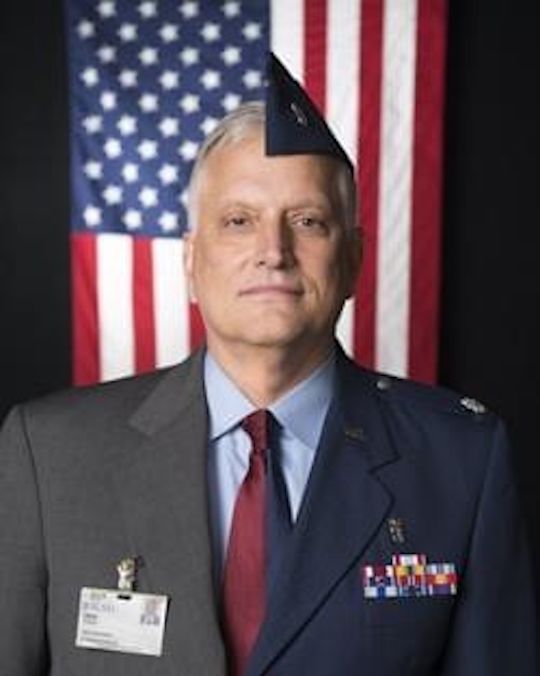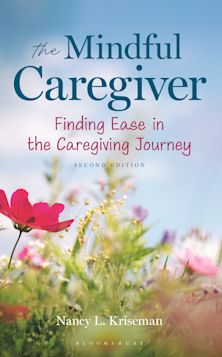- Home
- NON-FICTION
- Health & Lifestyle
- Parenthood & Family
- Moving Past PTSD
Moving Past PTSD
Consciousness, Understanding, and Appreciation for Military Veterans and Their Families
Moving Past PTSD
Consciousness, Understanding, and Appreciation for Military Veterans and Their Families
This product is usually dispatched within 3 days
- Delivery and returns info
-
Free US delivery on orders $35 or over
You must sign in to add this item to your wishlist. Please sign in or create an account
Description
From World War I until today, the United States has failed to provide adequate transition support to millions of veterans leaving military service. Instead of providing meaningful jobs, access to quality health care and education, and fair and equitable housing, veterans learn that when their military service is done, they are now fighting a new battle – a failed bureaucracy which has let them and other veterans down for the past 100 years.
It’s not as if we as a nation haven’t tried. The Veterans Health Administration (VHA) has seen the largest increase in funding in its history and has been given several free passes when the budget axe arrives. Federal funding and grants for education have also enjoyed similar financial favor; and housing opportunities have been increased. Yet on a rudimentary level, we as a nation cannot stop believing that GI Joe and Jane can’t wait to come back home and pick up right where they left off before their military service began. The truth is, that person is gone and is not coming back. After months or years in a highly structured organizational environment, often times with deployments and horrific battlefield experiences, the military veteran has undergone a paradigm shift in their thinking, their character, and in the way they view themselves and others.
Advances in medical triage and transport have saved thousands of men and women who in previous wars who would have died on the battlefield; and new prosthetics and treatment strategies for those with “invisible wounds” have helped many. But an overburdened VHA isn’t prepared to provide for the sheer volumes of veterans that return home. And with veteran unemployment rates traditionally running percentage points higher than their civilian counterparts, America still wonders why.
Many veterans, particularly those with PTSD are lost when returning home. Moving Past PTSD: Consciousness, Understanding, and Appreciation for Military Veterans and Their Families hopes to break this cycle. In their own words, veterans, caregivers, and the family members that love them are given the opportunity to tell us what is truly broken in the military to civilian transition. Advances in clinical treatments, the presentation of a new fast track job training program and new awareness for the challenges facing all military veterans, changes our way of understanding of who the 21st century veteran is. Through this understanding, we can change their lives and they can change ours.
Product details
| Published | Jul 24 2019 |
|---|---|
| Format | Paperback |
| Edition | 1st |
| Extent | 200 |
| ISBN | 9781538126967 |
| Imprint | Rowman & Littlefield |
| Illustrations | 1 table; 1 graph; 1 chart |
| Dimensions | 9 x 6 inches |
| Publisher | Bloomsbury Publishing |
About the contributors
Reviews
-
In this useful guide for veterans and their loved ones, Parent, a retired U.S. Air Force lieutenant colonel, mixes history and statistics with steps that individuals can take to help military men and women after they return from combat. He shares the fact that he is the father of an adult son with autism, which is undoubtedly one reason he exudes empathy for soldiers who worry that others will think they’re “dangerous to be around” and “looking for a handout.” Typically, they’re not. But when they’re haunted by the violence they’ve endured, they can end up suffering from post-traumatic stress disorder, which can also, complexly enough, afflict Gold Star family members. Parent notes that help for American veterans dates back to 1636, when colonists at war with Pequot Indians passed a law stipulating that the colony would support disabled soldiers. Parent promotes the practical and confidence-boosting benefits of job training and internships and urges people to hire vets. An altogether Informative and empowering look at doing right for veterans.
Booklist
-
This seminal book reveals the truth of the matter in ways no other piece on war’s aftermath has undertaken….that the off switch for the war room in our heads simply doesn’t exist and that the fog of war will never be rescinded. And how very refreshing that LTC (RET) Parent has not strayed from the bona fide facts of recent wars; that military might remains handcuffed by political correctness, allowing evil to proliferate both across the pond and on US soil. Plainly and simply, this book nails it. Anyone who has worn the uniform in time of war must make this required reading. That’s an order!
Dr. Kathy Platoni, Clinical Psychologist, COL (RET), US Army; Veteran, ODS, OIF, and OEF (GTMO and Afghanistan), Survivor, Fort Hood Massacre
-
This book offers a compelling and personal look at the varied experiences of veterans after returning from our most recent wars. Through narrative and personal stories, it conveys the critical role and power of human connection and meaningful work in making the transition back.
M. Tracie Shea, PhD, Professor of Psychiatry and Human Behavior




































